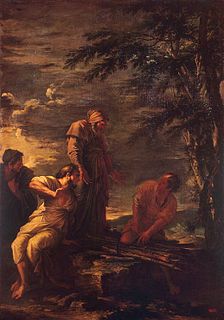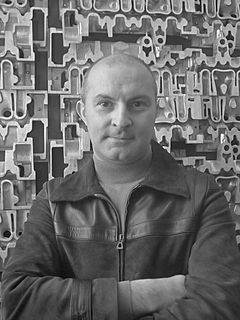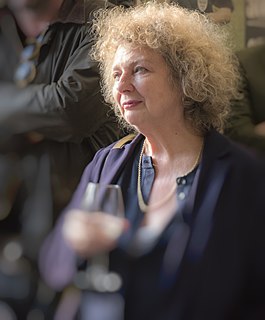A Quote by James Russell Lowell
True scholarship consists in knowing not what things exist, but what they mean; it is not memory but judgment.
Related Quotes
Memory is corrupted and ruined by a crowd of memories. If I am going to have a true memory, there are a thousand things that must first be forgotten. Memory is not fully itself when it reaches only into the past. A memory that is not alive to the present does not remember the here and now, does not remember its true identity, is not memory at all. He who remembers nothing but facts and past events, and is never brought back into the present, is a victim of amnesia.
Time doesn't exist. It doesn't exist in any way. It's more subjective than real. Time doesn't exist. I believe in memory. Memory is the real inspiration. Memory creates time. Memory is pure power. Pure power and pure strength, and pure utilization of space and time (if time is something we can really ever label). But I don't believe in time itself.
Human judgment of human actions is true and void , that is to say, first true and then void.... The judgment of the word is true, the judgment in itself is void.... Only he who is a party can really judge, but as a party he cannot judge. Hence it follows that there is no possibility of judgment in the world, only a glimmer of it.
At West Ham, I was the last person to be offered a scholarship. I remember an Under 18 match against Fulham. I was 16 and had to prove myself. Everyone else already had their scholarship. It was probably one of my best games. Knowing that every day I'd have to fight has made me into the person I am today.







































